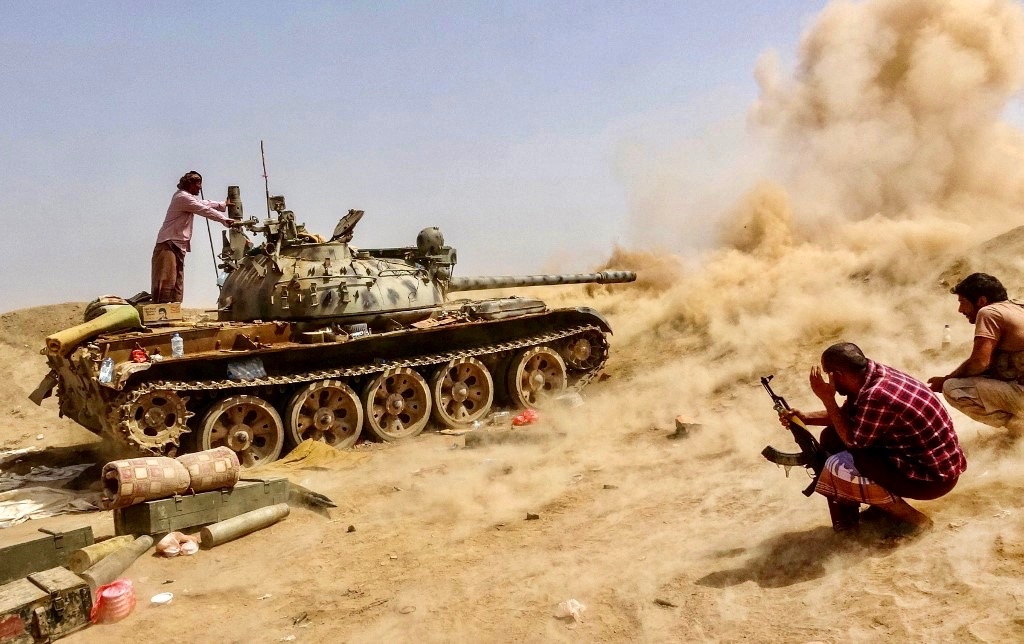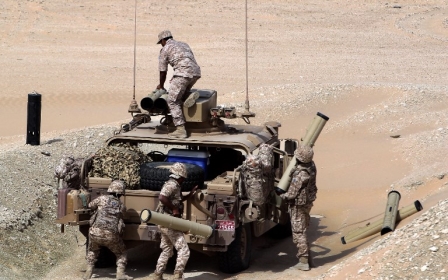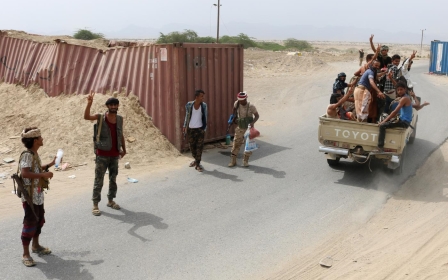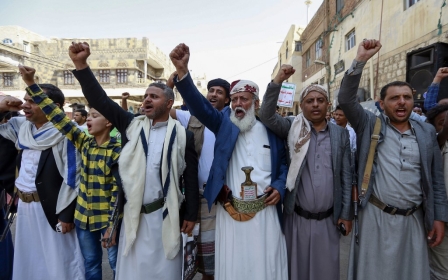Yemen's STC separatists join unity government against Houthis

Southern Yemeni separatists have agreed to join a new cabinet with the internationally recognised government, as part of Saudi-sponsored efforts to end the rift between the nominal allies.
The unity government introduces ministers from the Southern Transitional Council (STC) into President Abd Rabbuh Mansour Hadi's government, as well as others opposed to the Iran-backed Houthis.
Their existing alliance against the Houthis has been tested by divisions and fighting.
Last year, the STC declared the secession of southern Yemen and forced the government out of Aden, where it had been based since the Houthis seized the capital Sanaa in 2014.
The STC signed a power-sharing agreement in November 2019, but progress had been rocky since, with both sides trading accusations of sidetracking the deal.
Two months ago, 13 fighters were killed in clashes between the separatists and pro-government forces around the Abyan area to the east of Aden.
Saudi Arabia has been encouraging both sides to quell the "war within a civil war" and to bolster the coalition against the Houthis, who are poised to seize the key town of Marib, the last government stronghold in the north.
Prime Minister Maeen Abdulmalik Saeed has retained his position in the new government, which comprises 24 ministers, while changes have taken place in several ministries, including the foreign ministry.
The new cabinet includes five ministers from Yemen's biggest political blocs, including the STC and Islah party, Hadi's office said in a statement.
However, Hadi has kept his closest allies in the key ministries of defence, interior, foreign affairs and finances.
The Saudi foreign ministry welcomed the announcement of the government formation, saying it was "an important step towards achieving a political solution and ending the crisis in Yemen".
More than 100,000 people, mostly civilians, have been killed and millions displaced in Yemen's conflict, which has triggered what the United Nations has called the world's worst humanitarian disaster.
Middle East Eye delivers independent and unrivalled coverage and analysis of the Middle East, North Africa and beyond. To learn more about republishing this content and the associated fees, please fill out this form. More about MEE can be found here.




